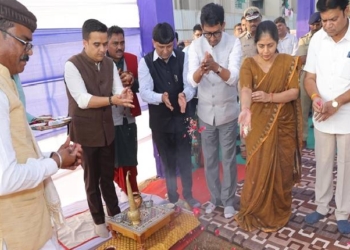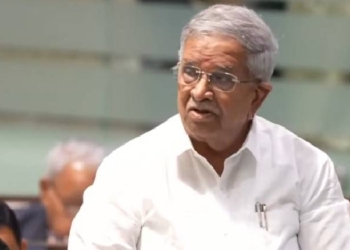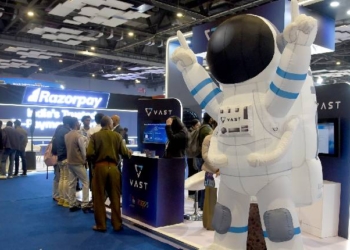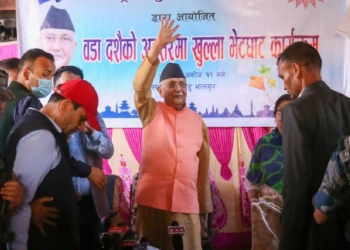New Delhi: Delivering a verdict on a batch of pleas pertaining to Adani-Hindenburg controversy, the Supreme Court on Wednesday cautioned against use of unverified and unrelated material in filing of public interest litigations (PILs).
Cautioning lawyers and members of civil society, a bench presided over by CJI D.Y. Chandrachud said that pleas lacking adequate research and relying on unverified and unrelated material tend to be “counterproductive”.
“We must observe that public interest litigation and Article 32 of the Constitution was expanded by this court to secure access to justice and provide ordinary citizens with the opportunity to highlight legitimate cases before the court. It has served as a tool to secure justice and ensure accountability on many occasions where ordinary citizens have approached the court with well researched petitions that highlight a clear cause of action. However, petitions that lack adequate research and rely on unverified and unrelated material tend to be counterproductive,” said CJI Chandrachud, pronouncing the verdict on a batch of PILs seeking independent probe into Adani-Hindenburg row.
The bench, also comprising Justices J.B. Pardiwala and Manoj Misra, held that an unsubstantiated report in the newspapers should not be given credence over an investigation carried out by a statutory regulator but such reports of independent groups or investigative pieces by newspapers may act as “inputs” before the SEBI or expert panel formed by the apex court.
Refusing to transfer the probe to any SIT or group of experts, the Supreme Court said that the reliance placed by petitioners on newspaper articles or reports by third party organisations “does not inspire confidence” to question the comprehensive investigation undertaken by the SEBI.
It held: “The petitioner must place on record the strong evidence indicating that the investigating agency has portrayed inadequacy in the investigation over time or appear to be biased.”
The top court noted that the SEBI has already finalised 22 out of 24 investigations relating to allegations against Adani group of companies and in relation to remaining two cases, the market regulator has sought information from foreign agencies and entities, and will determine future course of action based on receipt of such information.
However, the Supreme Court said that these pending investigations should be completed “expeditiously within a period of three months”.
In November last year, the apex court had taken a stern view of pleas seeking probe into the Life Insurance Corporation (LIC) and the State Bank of India (SBI).
“You are asking the court — without a shred of evidence — to direct an investigation into SBI and LIC. Do you realise the impact of such a direction? Is this some debate in college? Do you realise the impact of the investigation direction by the Supreme Court against SBI and LIC on the stability of our financial market?” CJI Chandrachud had remarked.














